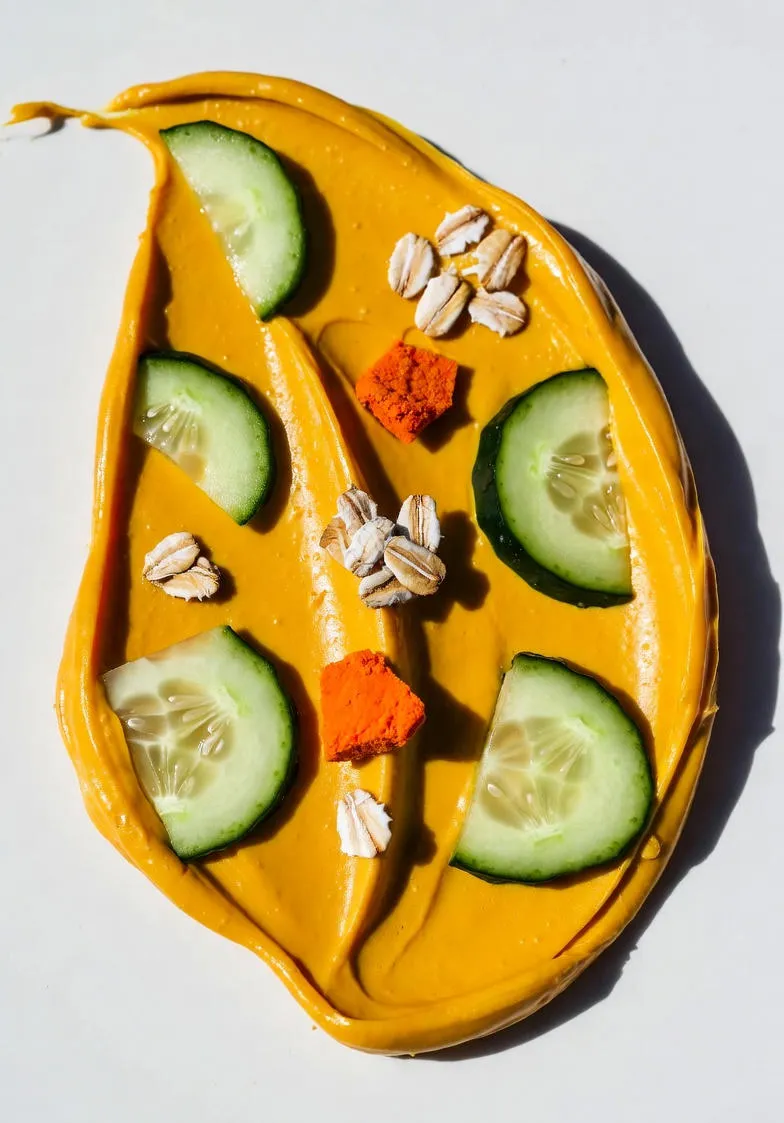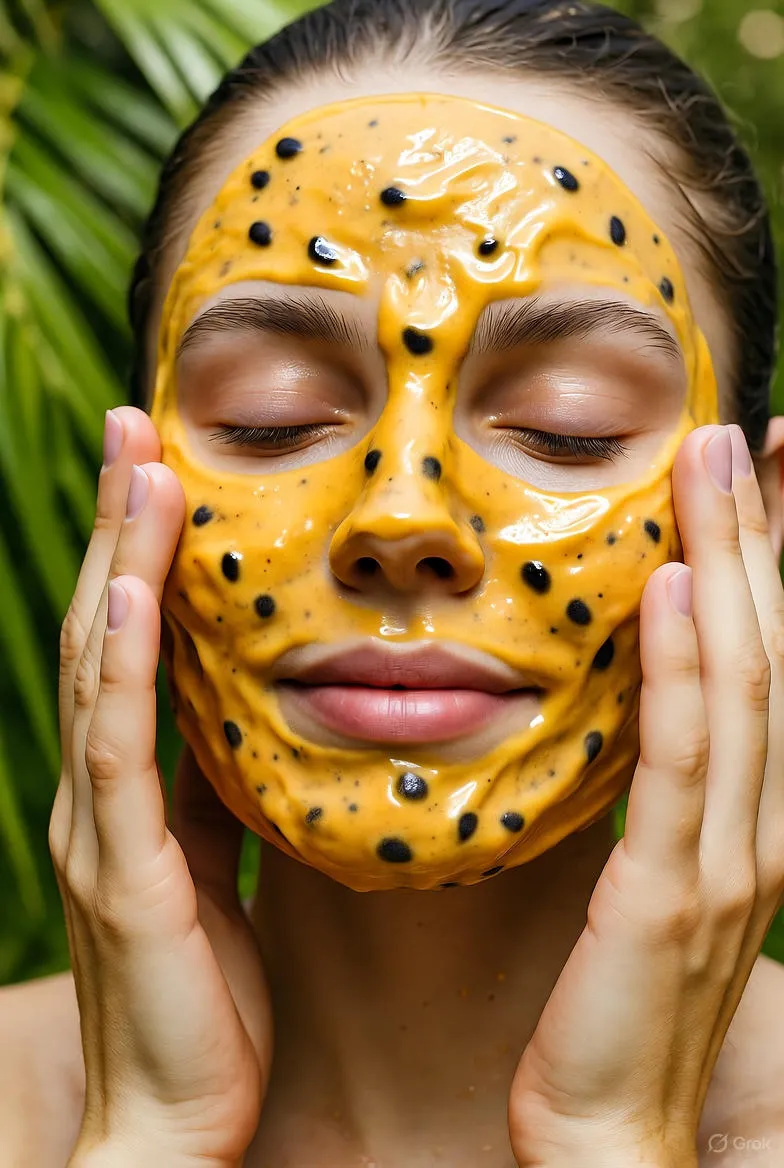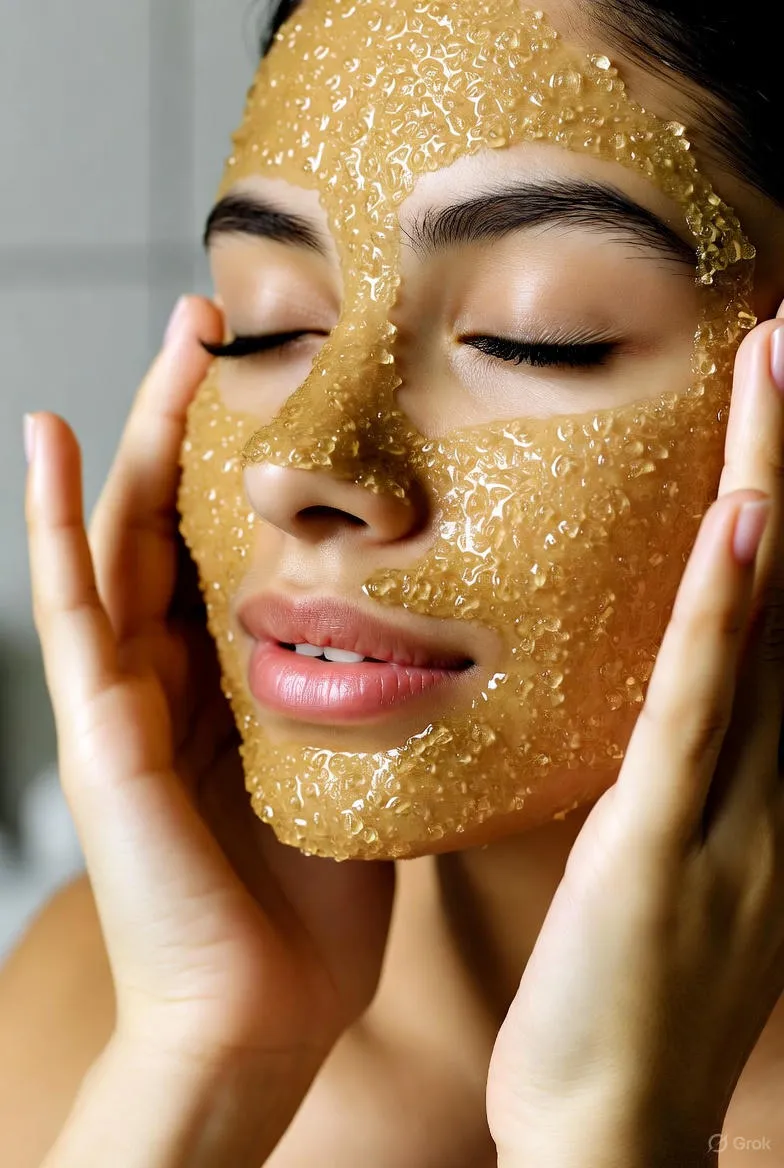Embrace Natural Radiance: The Ultimate Guide to Vegan Face Masks Without Animal Products
Discover the best vegan face masks free from animal products. Explore benefits, DIY recipes, top picks, and tips for radiant, cruelty-free skin in this comprehensive guide.

Why Choose Vegan Face Masks?
In the world of skincare, vegan face masks have emerged as a beacon for those seeking ethical, sustainable, and effective beauty routines. These masks, crafted entirely from plant-based ingredients, eschew animal-derived components like honey, beeswax, gelatin, or lanolin, ensuring no harm to animals while delivering potent nourishment to your skin. As consumers become more conscious of their choices, the shift toward vegan alternatives isn't just a trend—it's a movement toward cleaner, greener beauty.
Vegan face masks offer a multitude of benefits. They hydrate deeply without synthetic fillers, soothe inflammation with natural anti-inflammatories like aloe vera, and exfoliate gently using fruit enzymes rather than harsh microbeads. For sensitive skin types, the absence of animal proteins reduces the risk of allergic reactions, making these masks a safe bet for daily indulgence. Moreover, their eco-friendly production processes minimize environmental impact, aligning your pamper session with planetary health.
The Science Behind Plant-Powered Skincare
At the heart of vegan face masks lies a symphony of botanical wonders. Ingredients like avocado oil, rich in oleic acid, mimic the skin's natural lipids to lock in moisture and repair the barrier function. Chamomile extracts, with their apigenin compounds, calm redness and promote even tone, backed by studies showing reduced cytokine production in irritated skin.
Consider the role of green tea polyphenols—antioxidants that neutralize free radicals, preventing premature aging. Research from the Journal of Dermatological Science highlights how these compounds inhibit collagen breakdown, keeping skin plump and resilient. Vegan masks harness such power without compromising on ethics, proving that nature's pharmacy is both cruelty-free and clinically effective.
Key Ingredients to Seek Out
- Turmeric: A golden spice with curcumin that fights acne-causing bacteria and fades hyperpigmentation.
- Oatmeal: Colloidal oats soothe eczema and provide a gentle exfoliation, ideal for dry or irritated complexions.
- Kaolin Clay: Absorbs excess oil without stripping, perfect for combination skin.
- Cucumber Extract: Hydrates and depuffs, thanks to its high silica content.
- Shea Butter (unrefined): A plant-derived emollient that softens and protects against environmental stressors.
These elements form the backbone of vegan formulations, ensuring efficacy without exploitation.
DYI Vegan Face Mask Recipes for Every Skin Type
Creating your own vegan face mask is not only cost-effective but also allows customization to your unique needs. Below are simple, foolproof recipes using pantry staples. Always patch-test on your inner arm to avoid surprises.
For Dry Skin: Nourishing Avocado Mask
- Mash half a ripe avocado with 1 tablespoon of plain, unsweetened almond milk.
- Add a teaspoon of raw cacao powder for antioxidant boost.
- Apply to clean skin, leave for 15 minutes, then rinse with lukewarm water.
This mask's healthy fats restore suppleness, leaving skin velvety smooth. Use weekly for optimal results.
For Oily Skin: Purifying Bentonite Clay Detox
- Mix 2 tablespoons bentonite clay with 1 tablespoon apple cider vinegar.
- Incorporate a few drops of tea tree essential oil for antibacterial punch.
- Spread evenly, wait 10 minutes until it dries, then rinse.
Bentonite draws out impurities like a magnet, balancing sebum production without over-drying.
For Acne-Prone Skin: Calming Yogurt Alternative
Skip dairy with this coconut yogurt twist: Blend 2 tablespoons coconut yogurt with 1 teaspoon spirulina powder and a squeeze of lemon juice. The probiotics in coconut yogurt support the skin's microbiome, while spirulina detoxifies. Apply for 10-12 minutes, twice weekly.
For Sensitive Skin: Gentle Aloe Vera Soother
- Combine 2 tablespoons fresh aloe vera gel with 1 teaspoon ground flaxseed.
- Mix until a paste forms; the flax acts as a natural binder.
- Leave on for 20 minutes, rinse gently.
Aloe's polysaccharides heal micro-tears, fostering a calm, barrier-strong complexion.
These recipes empower you to experiment, turning your kitchen into a spa laboratory.
Top Store-Bought Vegan Face Masks to Try
If DIY isn't your forte, the market brims with stellar vegan options. Brands like The Body Shop offer their Himalayan Charcoal Purifying Glow Mask, infused with blue lotus for a deep cleanse minus animal ingredients. For luxury, Tata Harper's Resurfacing Mask uses fermented radish root to exfoliate enzymatically, earning rave reviews for its non-abrasive glow-up.
Budget-friendly picks include Acure's Seriously Soothing Blue Tansy Night Mask, with spirulina and chlorella for overnight repair. Pacifica's Wake Up Beautiful sheet masks, soaked in vegan collagen alternatives from seaweed, hydrate without sogginess. Each of these is certified vegan by organizations like PETA or Leaping Bunny, guaranteeing transparency.
When shopping, scrutinize labels: Look for the vegan trademark and avoid hidden gems like carmine (from cochineal insects) or squalene from shark liver. Apps like Think Dirty can scan barcodes for quick vetting.
Incorporating Vegan Masks into Your Routine
Timing is everything in skincare. Use detoxifying masks like clay-based ones 1-2 times weekly post-cleanse to unclog pores. Hydrating varieties shine as pre-moisturizer steps in the evening, enhancing absorption. For sheet masks, a 15-minute soak during your unwind hour maximizes essence penetration.
Pair with complementary habits: Gentle micellar water for removal, followed by a plant-oil serum. Track progress with a journal—note texture changes or glow levels after a month. Remember, consistency trumps intensity; even bi-weekly applications yield transformative results.
Common Pitfalls and How to Avoid Them
- Over-Exfoliation: Limit enzyme masks to twice weekly to prevent barrier disruption.
- Ignoring pH: Vegan ingredients vary; aim for formulations around 5.5 to match skin's acidity.
- Allergy Oversight: Essential oils, even plant-derived, can irritate—dilute and test.
By sidestepping these, you'll amplify benefits and sideline setbacks.
The Broader Impact: Vegan Skincare and Sustainability
Beyond personal glow, vegan face masks contribute to a ripple effect. Animal agriculture for beauty ingredients strains resources—beeswax production stresses hives, gelatin extraction harms marine life. Opting vegan slashes this footprint, supporting regenerative farming that replenishes soil via crops like oats and hemp.
Brands are innovating too: Upcycled coffee grounds in masks reduce waste, while algae-based humectants offer ocean-friendly hydration. This ethos extends to packaging—glass jars over plastics, recyclable sheets. Choosing vegan isn't solitary; it's communal stewardship for future generations' skin health.
Conclusion: Your Path to Ethical Radiance
Vegan face masks without animal products redefine indulgence as intentionality. From DIY blends bursting with freshness to curated shelf stars, they invite you to nurture skin while honoring ethics. As you mask up, you're not just treating your face—you're championing a compassionate cosmos. Dive in, glow on, and let your skin tell the story of choices well-made.
(Word count: 1,248)


